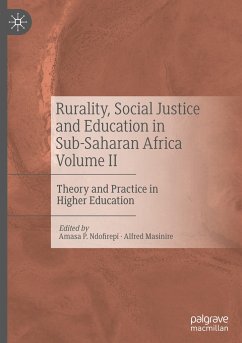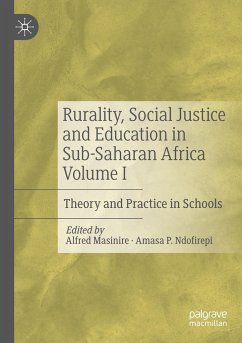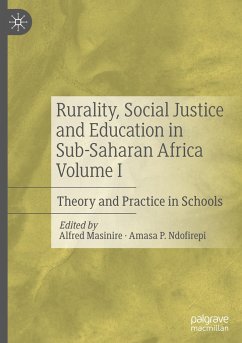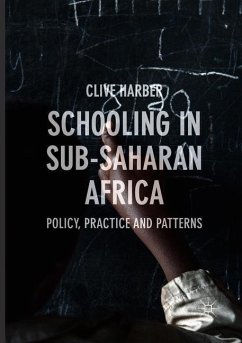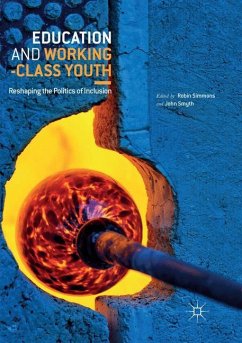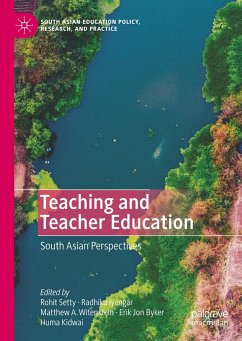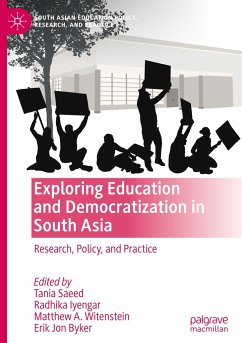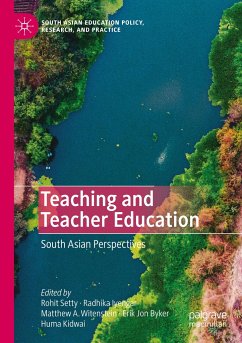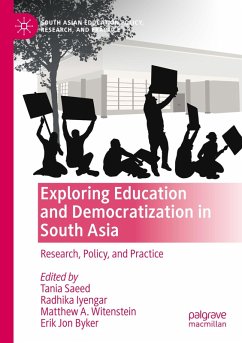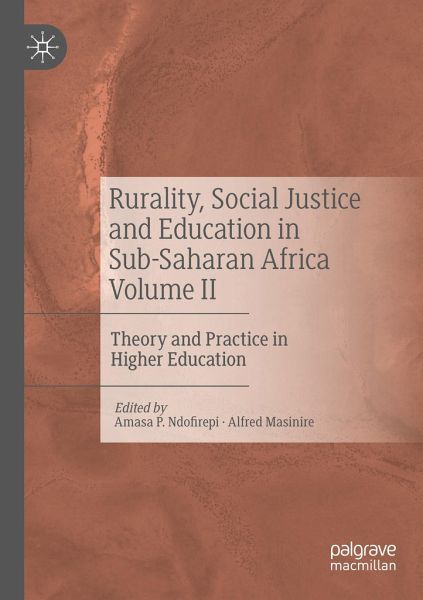
Rurality, Social Justice and Education in Sub-Saharan Africa Volume II
Theory and Practice in Higher Education
Herausgegeben: Ndofirepi, Amasa P.; Masinire, Alfred
Versandkostenfrei!
Versandfertig in 6-10 Tagen
98,99 €
inkl. MwSt.

PAYBACK Punkte
49 °P sammeln!
This book explores rurality and education in sub-Saharan Africa through a lens of social justice. The second volume of a two-volume project, this book explores possibilities and constraints of rural social justice in diverse educational contexts, with particular emphasis on higher education. Drawing on contexts from across sub-Saharan Africa, this volume examines such topics as student-teacher preparation, post-colonialism and access and participation. In doing so, these volumes reflect the need to shift conceptions of rurality from colonial and conservative stereotypes to an appreciation of r...
This book explores rurality and education in sub-Saharan Africa through a lens of social justice. The second volume of a two-volume project, this book explores possibilities and constraints of rural social justice in diverse educational contexts, with particular emphasis on higher education. Drawing on contexts from across sub-Saharan Africa, this volume examines such topics as student-teacher preparation, post-colonialism and access and participation. In doing so, these volumes reflect the need to shift conceptions of rurality from colonial and conservative stereotypes to an appreciation of rurality as locations in space and time. Focusing on inclusivity and intersectionality, these books raise important questions into rurality and social justice, and champion openness for education in rural communities who may be excluded.





